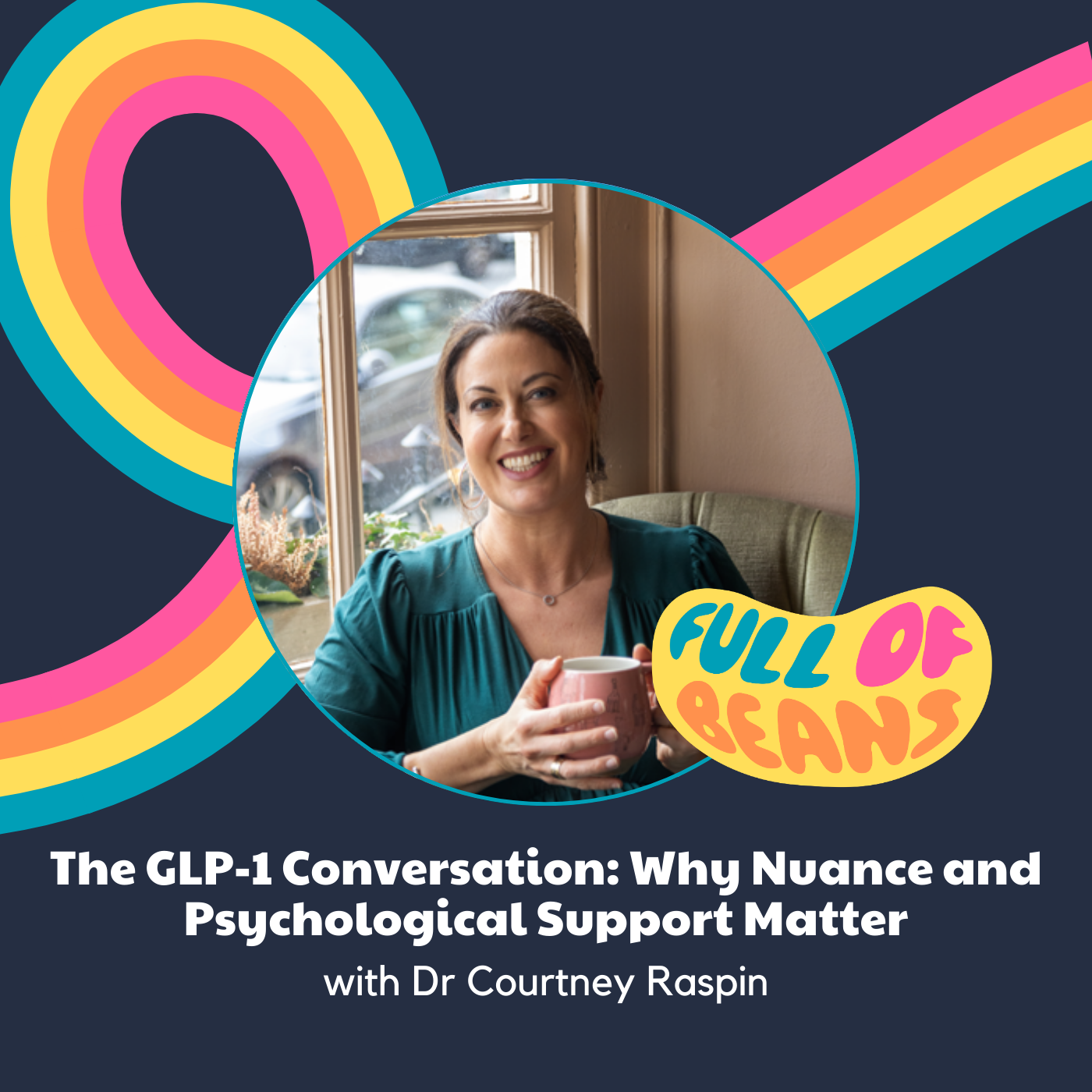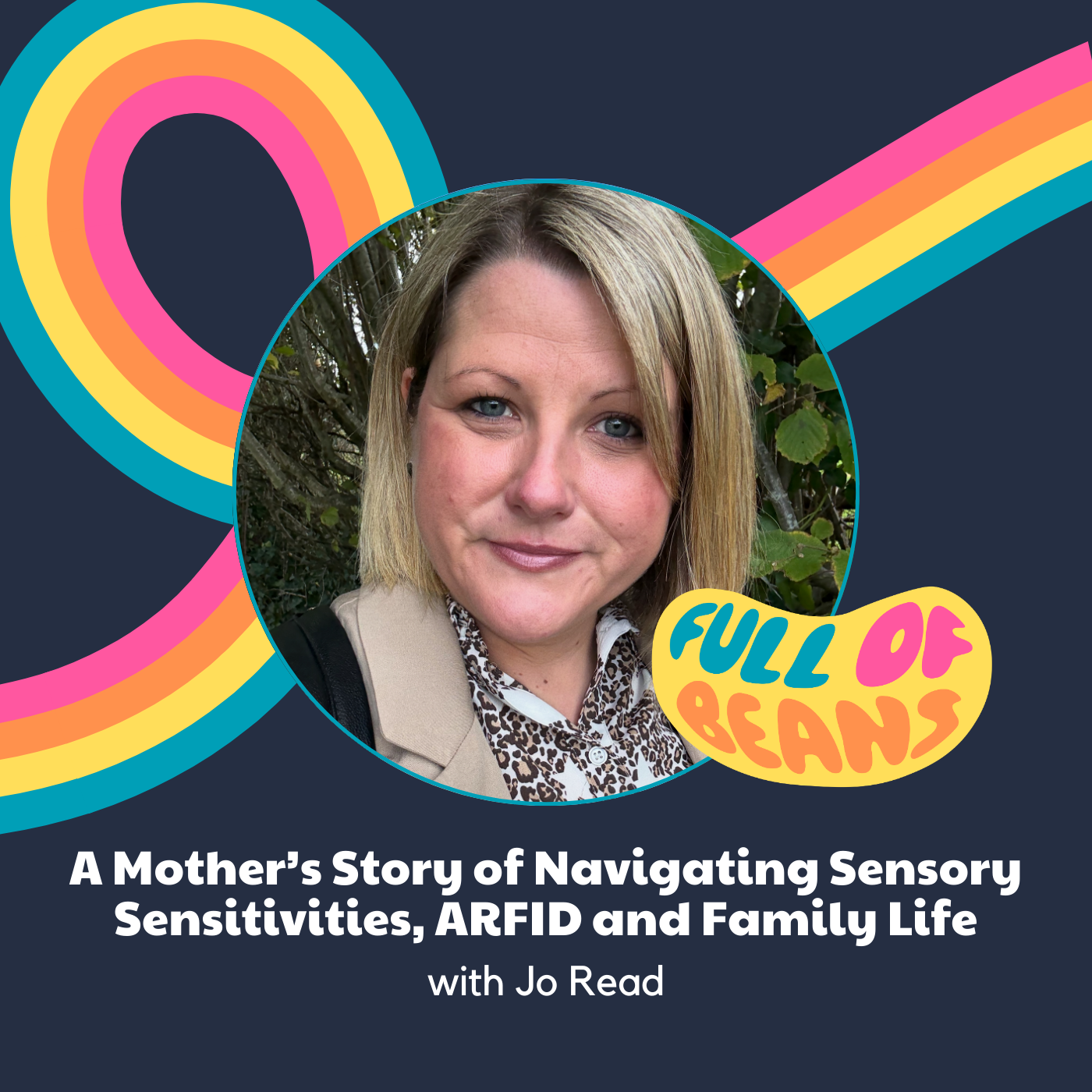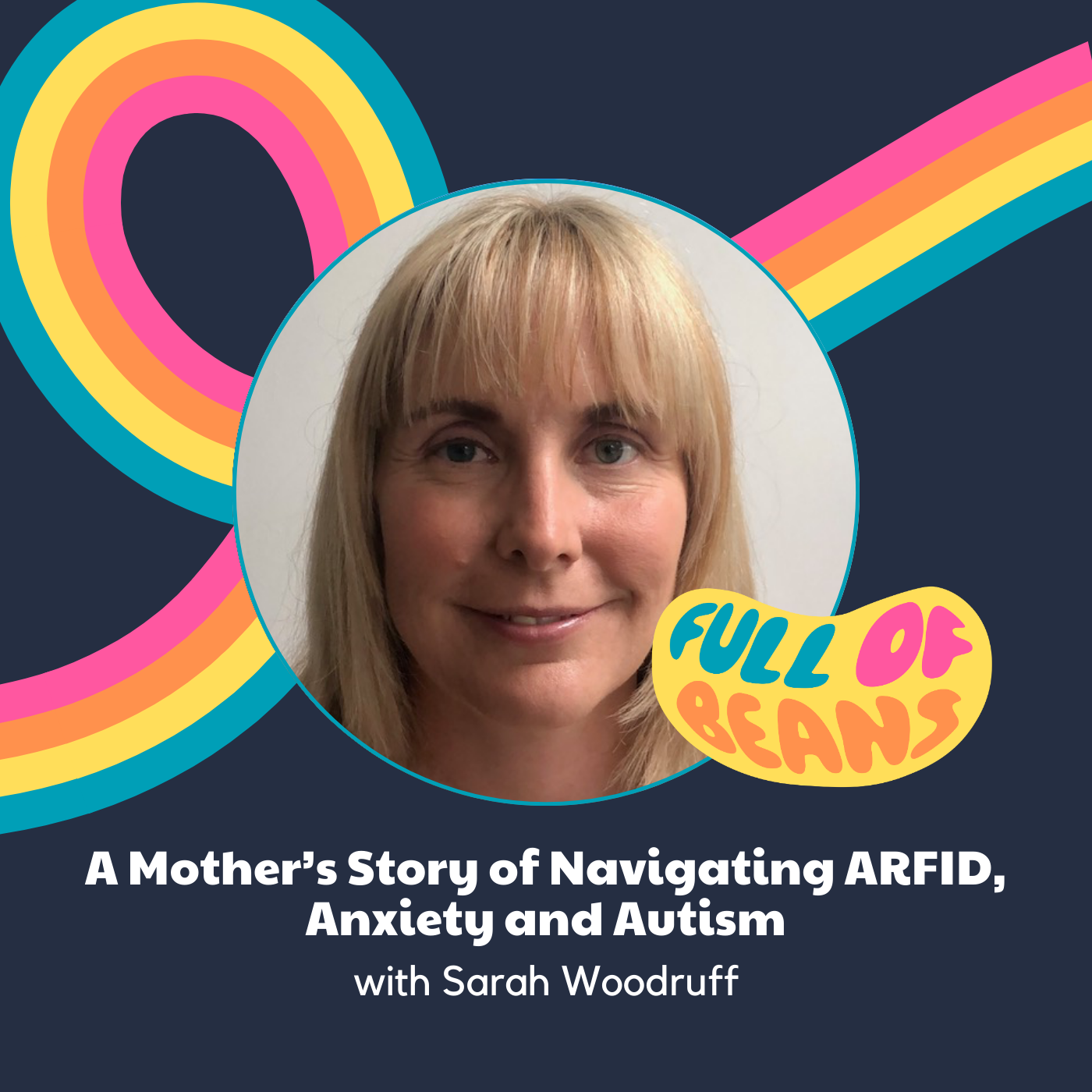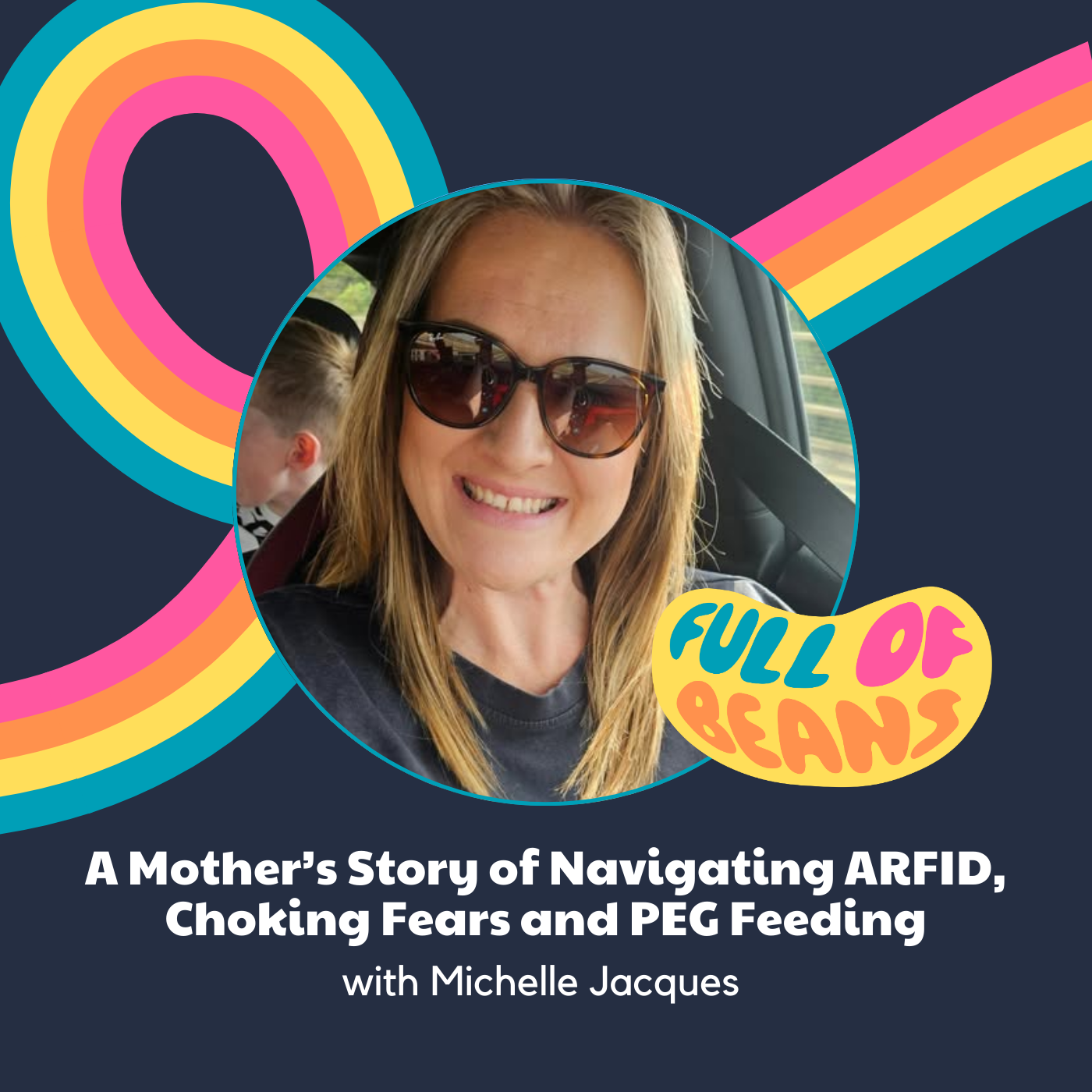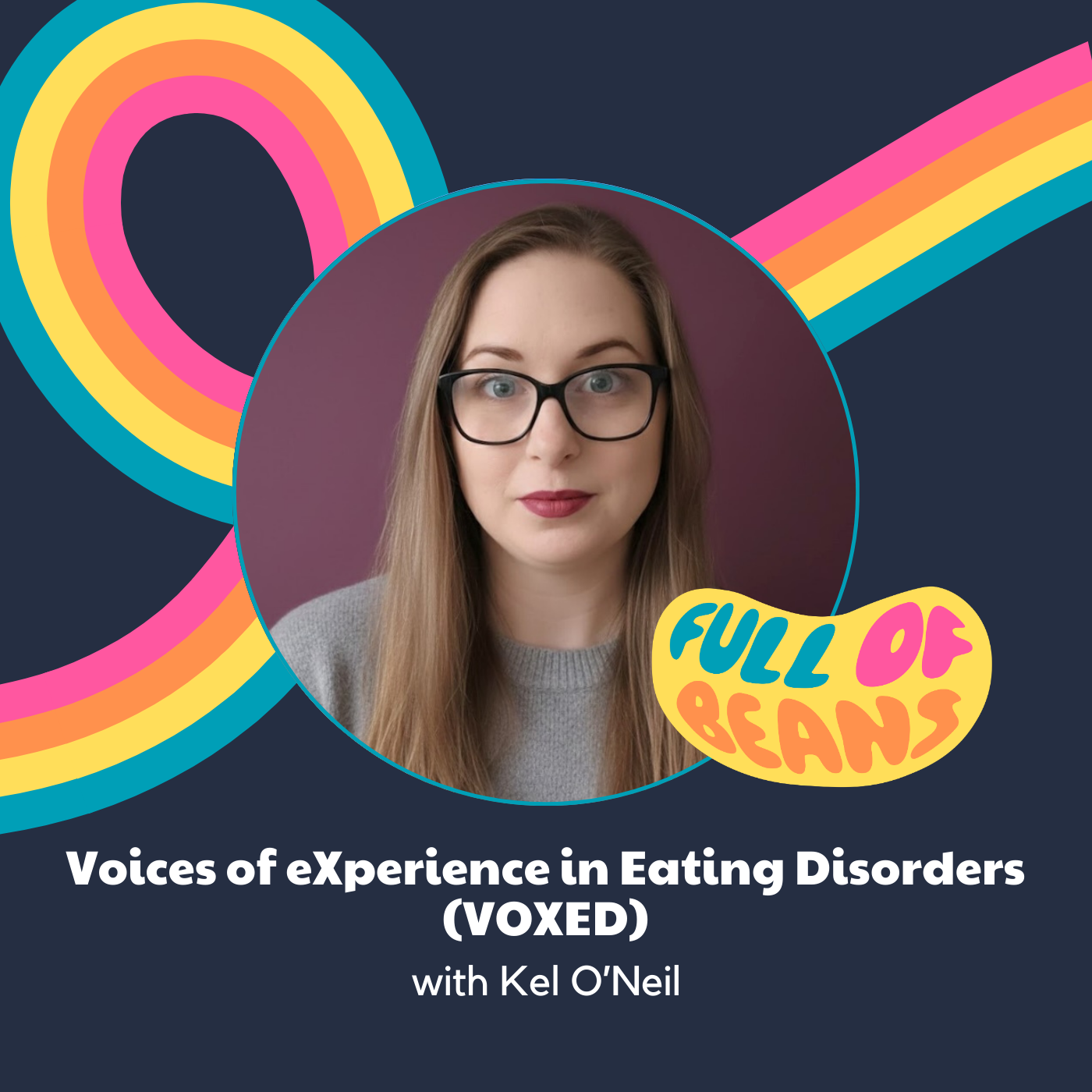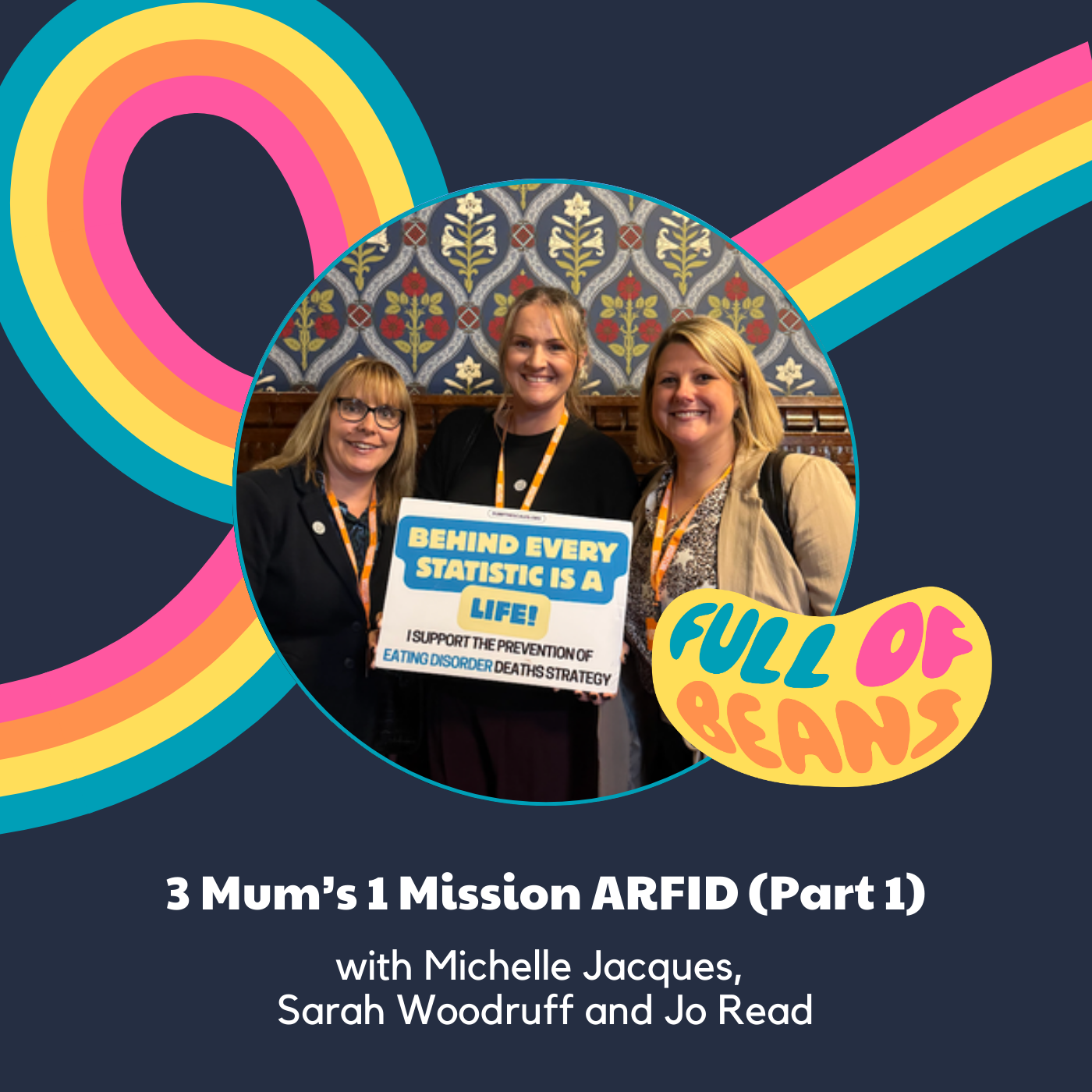Exploring the Relationship Between ADHD and Disordered Eating
Can ADHD be a trigger for disordered eating, and how is that different to an eating disorder?
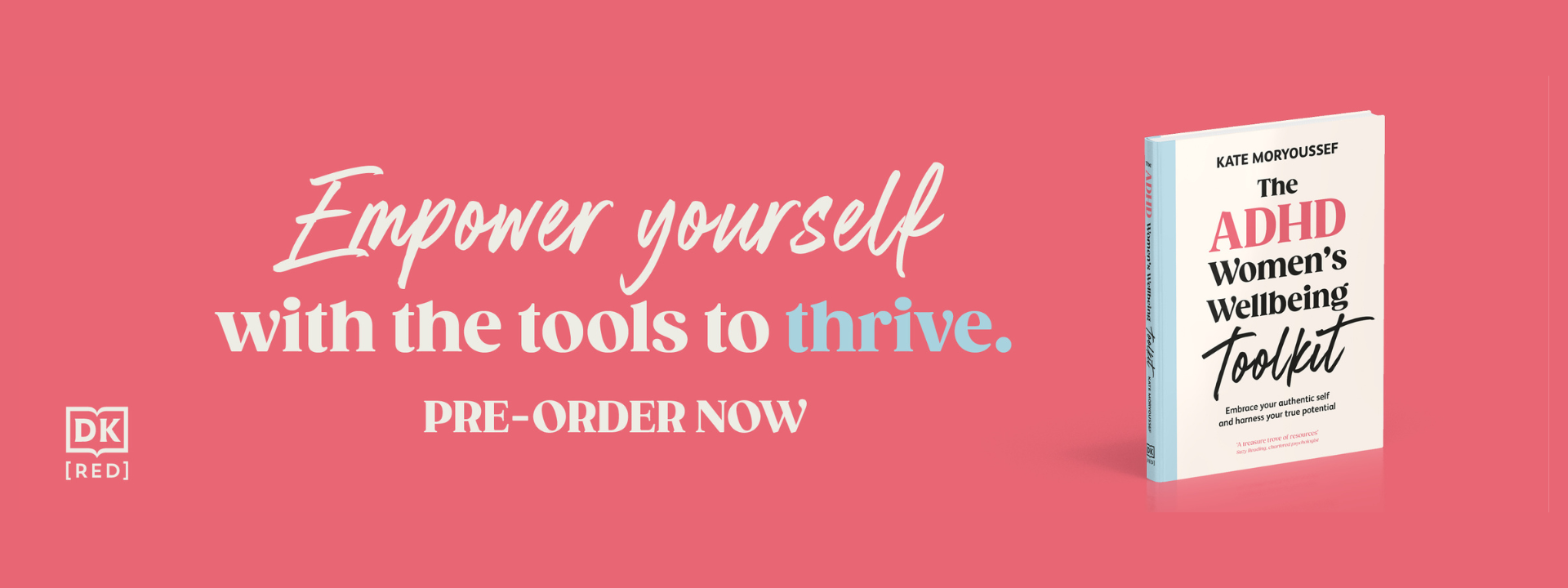
What happens when a neurodivergent brain meets a world built for neurotypical expectations? For many with ADHD, the result is not just stress or overwhelm—but complicated relationships with food.
In this blog, we explore how ADHD can contribute to disordered eating and why this is different from clinically diagnosed eating disorders.
What Is Disordered Eating?
Disordered eating refers to irregular or unhealthy eating habits that may not meet the criteria for a formal eating disorder diagnosis according to the DSM-5, but can still be harmful.
While eating disorders like anorexia nervosa, binge eating disorder, or bulimia nervosa are medical conditions with defined diagnostic criteria, disordered eating can often fly under the radar or be normalised, particularly in our modern day society.
This could include:
- Skipping meals
- Avoiding certain food groups e.g. ultra-processed foods
- Labelling foods as good or bad
- Overeating food
- Calorie restriction
- Excessive exercise
- Fasting
- "Clean eating"
- Eating to regulate emotions
Why ADHD Can Lead to Disordered Eating:
Many ADHD traits can make it difficult to maintain a balanced relationship with food. Common contributing factors include:
- Impulsivity – leading to binge eating or grazing throughout the day
- Executive dysfunction – making it harder to plan, prep, and eat regular meals
- Emotional dysregulation – using food to self-soothe overwhelming emotions
- Rejection sensitivity & low self-esteem – increasing pressure to conform to body image ideals
- Interoception difficulties – struggling to recognise hunger and fullness cues
These patterns are often misunderstood or dismissed, especially in women and girls who have learned to mask their neurodivergent traits.
It's Not Just About Food
Disordered eating for those with ADHD is rarely about the food itself. Instead, it’s often a coping strategy for managing sensory overload, unprocessed emotions, or a nervous system in constant overdrive. Many individuals describe food as one of the few accessible ways to feel grounded, soothed, or in control.
ADHD Doesn’t Mean You Have to Struggle
While these challenges are real, having ADHD doesn’t mean you’re destined to struggle with food forever (or ever, in fact). The more we understand our brains, the more we can work with them instead of against them.
Here are some gentle, practical ways to support a more peaceful relationship with food:
- Use timers or reminders – Structure can really help those of us with ADHD, so consider using phone alarms to remind you to eat regularly throughout the day. If we hyperfocus and forget to eat, when we eat later down the line it can lead to bingeing because of prolonged starvation.
- Work with a neuroaffirming clinician – Exploring your emotional relationship with food and exercise in a safe space can help you understand the link between ADHD, emotions and disordered eating.
- Track patterns with curiosity – Keep a non-judgmental log of how you're feeling before and after eating. Are you hungry, bored, anxious, overstimulated? Are their triggers that lead to under/over eating? How could you support yourself if these situations arise again?
- Prepare go-to meals/snacks in advance – Decision fatigue can be overwhelming. Having pre-prepped, easy options can make nourishing yourself more manageable.
- Explore body-based regulation tools – Breathwork, gentle movement, grounding exercises, or even a weighted blanket can offer emotional support outside of food (also... side note... cats...)
- Talk about it – Whether with friends, peers, or professionals, breaking the silence around disordered eating can relieve shame and offer community.
Understanding how your ADHD traits impact your relationship with your body, food and exercise can be life-changing for both navigating ADHD challenges and improving your mental health.
Awareness is the first step toward compassion and healing. Whether you're diagnosed, self-identifying, or supporting someone you love, you're not alone.
⚠️ Important Note: While there are clear links between ADHD and eating disorders (EDs), this blog and our podcast episode with Kate Moryoussef focus solely on disordered eating. A future episode will explore EDs more specifically.
🎧 Listen to the full podcast episode with Kate here
Sending positive beans your way,
Han 💛

